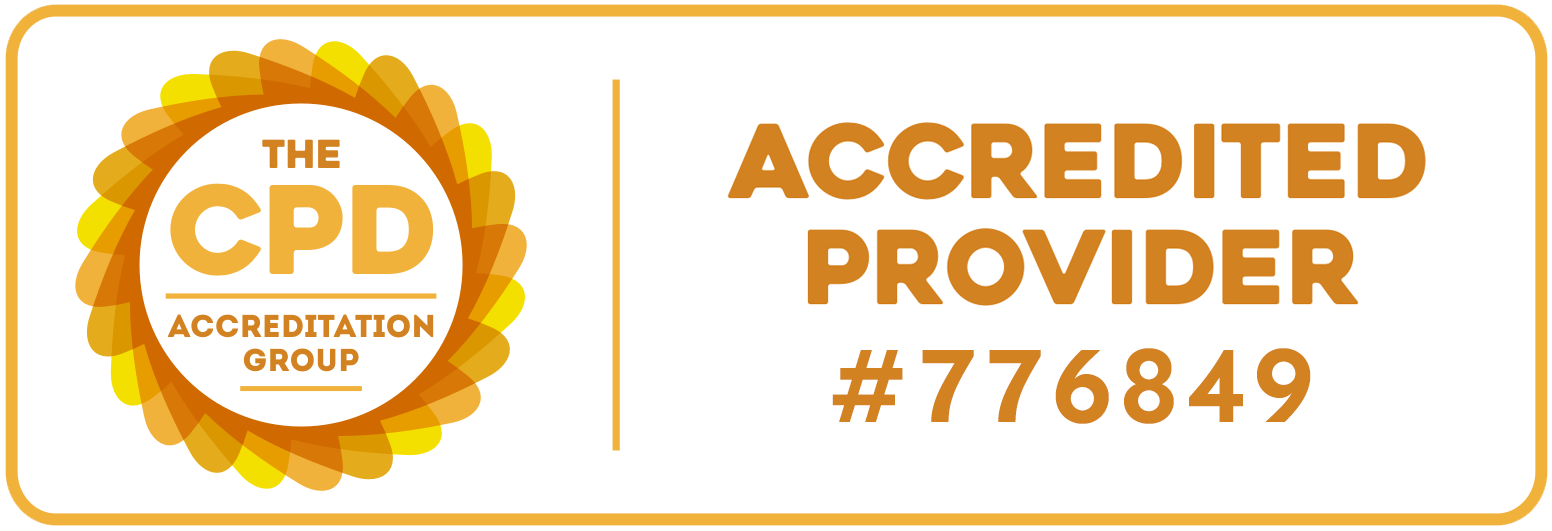Keith Henry Moss
DTU National Veterinary Institute, Denmark
Title: CodeSphere: Molecular encoding of nanoparticles for targeted cargo delivery
Biography
Biography: Keith Henry Moss
Abstract
Conventional, untargeted and nonspecific therapies, especially regarding cancer, are commonly associated with a low therapeutic index due to poor drug efficacy and significant adverse effects. Nanoparticles (NPs) as drug delivery vehicles represent a promising strategy to overcome such shortfalls. Development in the field of NPs and clinical translation for therapeutic applications has been limited by technical and regulatory factors. Currently, there are unmet needs in the design, generation and screening of therapeutic NPs such as a consistent and reproducible synthetic technique capable of up-scaling. This is, in part, due to the vast array of parameters that each requires optimization. As a result, current strategies to optimize NPs for therapeutic applications are low-throughput and experimentally time consuming. Nucleic acids and other “hard to drugify” therapeutic macromolecules have been restricted to highly personalized therapeutic strategies such as chimeric antigen receptor (CAR) therapy and other adoptive cell therapy (ACT) applications. A breakthrough regarding the field of CAR T cell therapy would be an in vivo administration approach, which could potentially transform an expensive, patient specific therapy to a generic and widely-available treatment strategy, without the need for patient T-cell gene modification and expansion ex vivo. Such an innovative approach would utilize NPs to systemically deliver messenger RNA (mRNA), encoding for CARs targeting surface antigens expressed on cancer cells to T cells. The CodeSphere platform technology represents a unique strategy to generate and screen for optimized NP/liposome formulations in a high-throughput manner. The novelty in this proposed technology is the use of a DNA barcode as a unique liposome identifier. This DNA-barcode molecular-encoding system was previously developed by Bentzen et al., for the large-scale detection of antigen specific T cells and is now being applied in this new platform. In essence, liposomes will be tagged with a unique DNA barcode encoding for and identifying the composition. The CodeSphere strategy involves the generation of large, diverse DNA-encoded NP libraries which can then be screened in a single-tube assay, allowing the simultaneous assessment of thousands of different NP formulations for the most effective delivery of therapeutic cargo.

